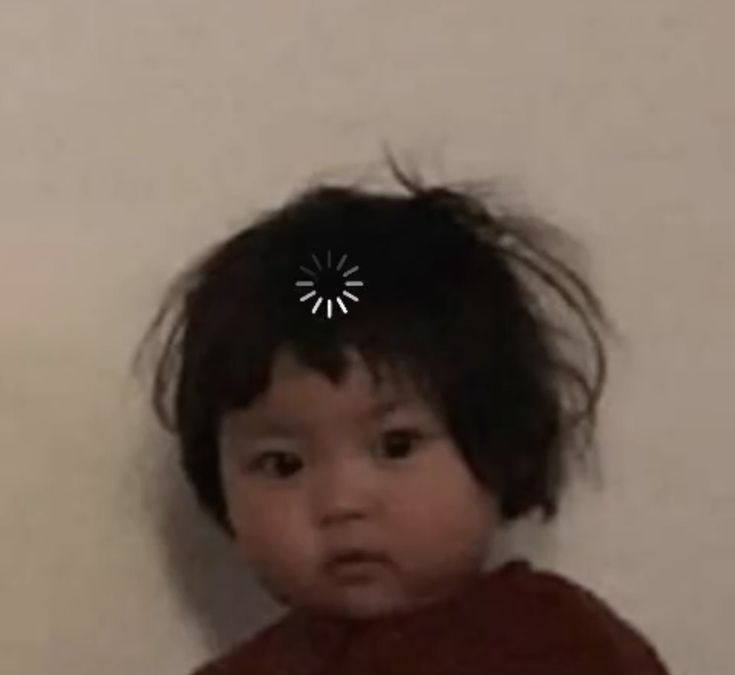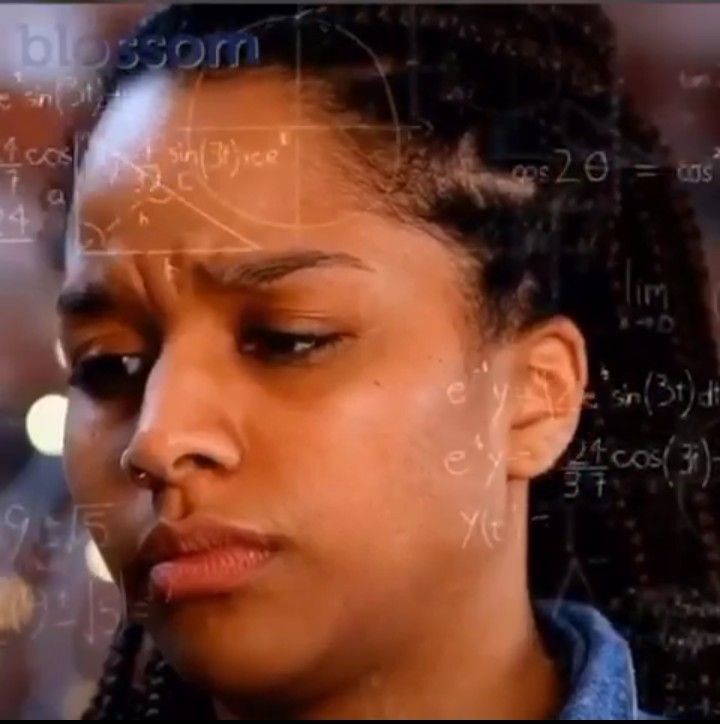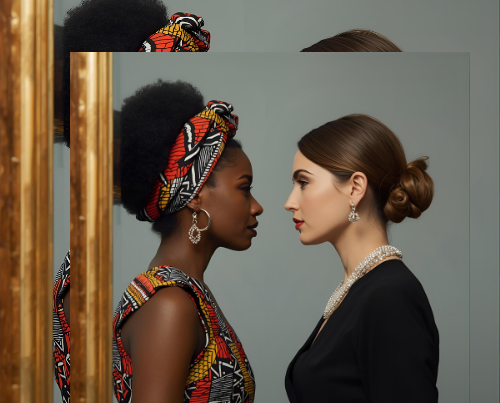Lost in Translation: Tongue-Tied but All Ears

Let’s be real for a second. There’s always that one cousin, niece, or nephew who knows what everyone is saying in the family group, but when it’s their turn to talk, all they give you is a sheepish smile or a mumbled “Eh… sawa.” You might think, “Kwani ni madharau?” (Are they just being proud?) Now leave those ones. There’s this other bunch of people who can neither understand nor speak their native language. I am they and they is me.
You know that awkward moment when someone greets you in your mother tongue with a gleam of excitement thinking, “Finally, someone from home!” Then they go from 0 to 100 and you’re like, woah! hold up — Your brain just… you know…left the chat.

But listen, it’s not that we don’t care or that we’re “too good” to speak the language, we just have … eerr… issues.
You know how bilingual kids grow up balancing two or more languages at home? I missed that train. I mean, my folks had all the tools — my dad’s fluent in Taita, and my mum? Pure Giriama energy. They could’ve easily raised me on stories of Mwakishalua and tales from Giriamaland. But Nah. They chose the national language route instead: Swahili. But now, thanks to this genius plan, I’m here in a predicament: I can’t speak my native language — and the language can’t speak back to me either.
If you’re that person (yes, you), this article is for you. And if you’re the frustrated auntie/uncle wondering why your fully grown nephew or niece still stammers in Kikuyu or Dholuo (or whichever native language), this might help you understand their struggle. Not everything is what it seems.
It’s not pride. It’s complicated. If you’ve ever been accused of being “too proud” or “acting brand new,” welcome to the club. Grab a snack and let’s talk through the chaos, awkward moments, and family misunderstandings that come with being a passive bilingual. Think of it like having the Wi-Fi password but somehow never being able to connect to the internet.

The Silent Skill: Understanding without Speaking
So, you understand the language perfectly, huh? Your grandma swings full mode into Luhya or Kamba, and you’re nodding along. But the minute she asks you, “Ama unasemaje?” (And what do you have to say?), things fall apart faster than Gachaguas impeachment. Suddenly, you’re stuck, struggling to summon words like a bad Wi-Fi connection.
Sound familiar? Well, you’re not alone. This phenomenon is a common experience for many people raised in bilingual homes, especially in modern Kenyan families where English and Swahili often take center stage. Here’s why it happens:
1. Fluency isn’t Free – You Got to Work For it
You’ve probably heard the saying, “Use it or lose it.” This applies to languages too. If you grew up hearing your parents switch from English to Kiswahili (or from Kisii to Sheng) but were never forced to reply in that native language, your brain figured, “Eh, I’ll just focus on understanding. No need to talk.”
It’s like that friend who knows all the lyrics to Sauti Sol’s songs but can’t hit a single note in karaoke. Just because they know the words doesn’t mean they can sing them. Wewe pia, your brain knows the words, but forming sentences? That’s a whole other story.

2. The Fear of Making a Fool of Yourself
Let’s be honest—trying to speak a language you’re not comfortable with can feel like performing a stand-up comedy routine with zero preparation. You KNOW the words, but they just won’t come out right. And God forbid you mess up in front of your relatives. The roast session that follows will leave you traumatized. You now want the ground to swallow you whole.
So, to avoid embarrassment, you resort to safer responses like, “Nimekusikia,” or, “Eh, sawa.” But deep down, you’re like, Why did I even come to this family gathering?
3. We’re Not Arrogant, We’re Just Linguistically Confused
For real, people assume you’re being prideful or dismissive, especially in African settings where language is tied to culture and respect. But what’s really happening in your head is, overthinking. It’s not pride, okay? It’s linguistic paralysis. Somewhere between the thoughts and the tongue, everything just… jams. What comes out sounds like a broken Google Translate sentence?
Every time you try to speak, your brain switches to panic mode:
- “Wait, should I use present tense here or future tense?”
- “Is this word even from my tribe or am I borrowing it from Kiswahili?”

So, instead of risking embarrassment, you freeze and hope that smiling politely will get you through the conversation.
4. Modern Parenting & Language Switch-Ups
In many urban Kenyan families, parents encouraged their kids to speak in English because, you know, “We want our children to be modern and speak with confidence.” even though the parents spoke fluent native languages.
Meanwhile, your rural cousins are out there flexing in your mother tongue and you’re there, scratching your head, thinking, ‘Sasa hio ndo kusema nini’ (What does that even mean)
5. Family Dynamics: The Real MVPs of Pressure
How Parents Casually Betray You. My parents are living their best bilingual lives. At home, they’ll casually slide into native languages to gossip or share secrets right under my nose. And I’m just sitting there thinking, “Fam, I can hear you, but also… what did you just say?”

Let’s face it—African families don’t play when it comes to language. If you can’t speak your native tongue fluently, someone WILL remind you. And if you’re unlucky, they’ll tell everyone at the next family event. “Huyu mtoto wa Njeri ni wa kushangaza. Hata hajui kuongea Kikuyu.
So, What Can You Do About It?
Good news, it’s never too late—you CAN learn to speak your native language even if you’ve struggled in the past. Here’s how to make it easier:
- Stop Overthinking: It’s okay if you mess up a little. Trust me, everyone makes mistakes—even your fluent aunt.
- Use It More: Throw in native words into conversations where you can. It doesn’t have to be perfect.
- Ask for Help: If you’re close to a cousin or relative, ask them to speak with you more often. You’ll learn without judgment.
- Laugh It Off: Embrace the awkward moments. Humor will make the learning process much easier—and your relatives will appreciate the effort.
Is There Hope?
I’ve thought about learning Kitaita or Kigiriama from scratch, but at this point, it feels like trying to train for the Olympics when you can’t even jog around the block.
A Plan… Or Maybe Just Vibes
Maybe one day I’ll buckle down and learn my native languages for real. Or maybe I’ll just keep riding the bilingual wave — who knows? Life’s a journey, right? And if that journey means I can’t order kimanga in Kitaita but I can fluently ask for chapati in Swahili, so be it.
In the meantime, I’ll keep laughing off the awkward moments and clinging to my Swahili safety net.
Final Thoughts: We’re Trying, Okay!
At the end of the day, being in a bilingual family is a delicate dance. We’re all out here doing our best. Some of us just happen to be better at understanding than speaking or neither at all. So to all the uncles and aunties out there who think we don’t care about our culture relax. We love you, we hear you, and yes—we will try our best to improve. Just… don’t pressure us to pull off a conversation in our native languages.
Because at the end of the day, it’s not about being flawless. It’s about showing up, trying, and being part of the conversation—whether in English, Swahili, or a little sprinkle of native words. Just go with the flow.

So if someone hits you with a phrase in your mother tongue and you respond with, “Sorry, no idea what that means, but sounds cool,” just own it. Life’s too short to stress about things you can learn anytime.
And to the “I-understand-but-can’t-speak” squad? Stay strong. We’ll get through this together. Just remember, when all else fails the next time someone asks why you understand but can’t speak, just send them this article and say, “Sawa, nimeelewa.”


